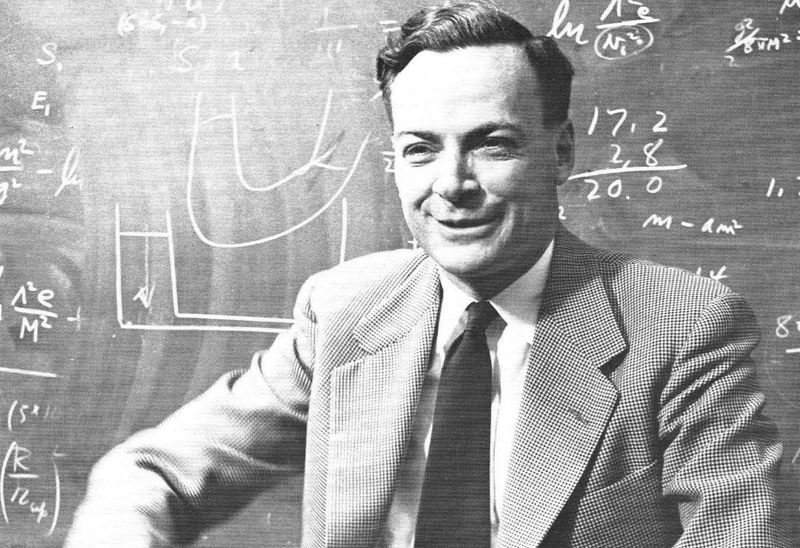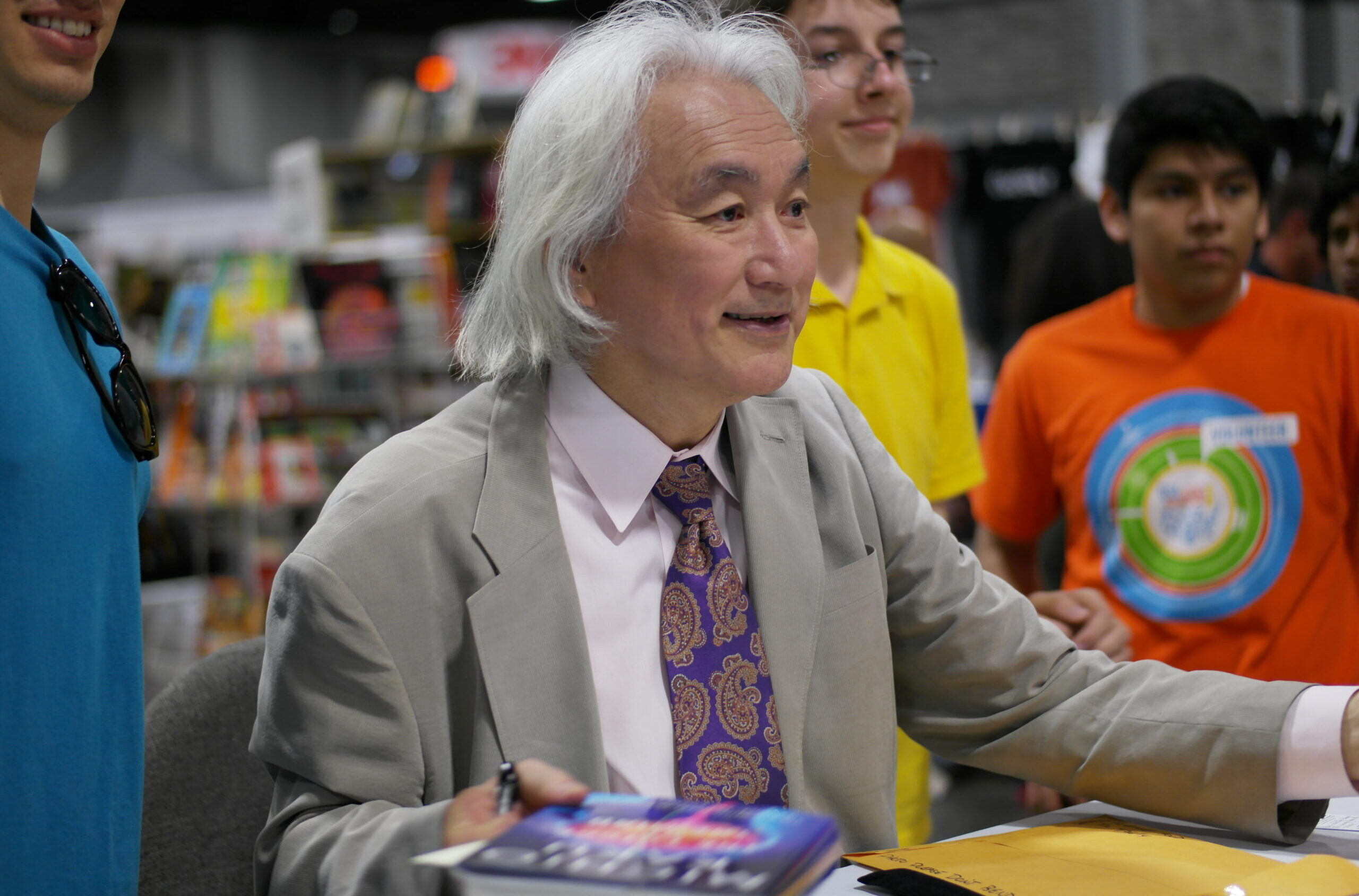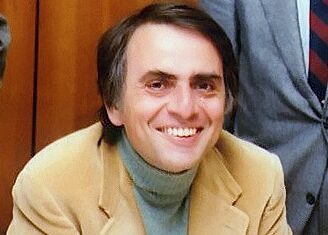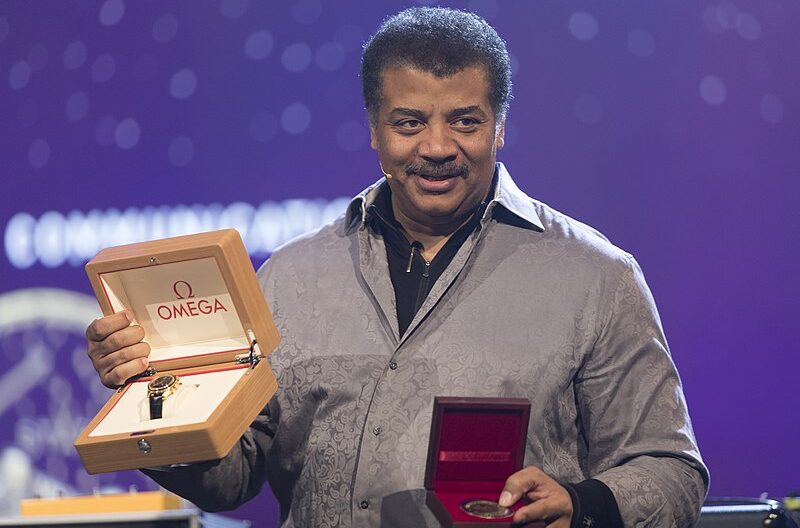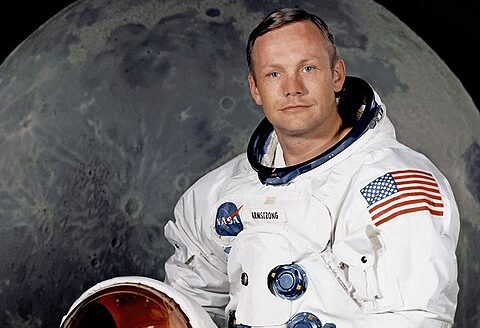Richard Feynman, a Nobel Prize-winning physicist, was a brilliant and charismatic figure who made profound contributions to the field of theoretical physics. Throughout his life, he engaged in intellectual debates, challenged conventions, and sometimes found himself at the center of controversies. Here are some notable instances that highlight his complex and often controversial journey.
Feynman’s Unconventional Approach to Learning:
Richard Feynman was renowned for his unorthodox learning methods, which included his famous technique of “Feynman Diagrams.” His approach to breaking down complex concepts into simple diagrams raised eyebrows among his colleagues, but it ultimately revolutionized the field of quantum electrodynamics.
Opposition to Cargo Cult Science:
In his famous commencement address at Caltech in 1974, Feynman criticized pseudoscientific practices and warned against “cargo cult science.” This candid critique of unsubstantiated claims and lack of rigor in scientific research sparked discussions on the integrity of scientific methodologies.
Personal Interactions and Sense of Humor:
Feynman’s playful sense of humor and candid demeanor sometimes led to misunderstandings or controversies. His interactions with colleagues and students, while often amusing, occasionally raised questions about his professionalism.
Participation in the Manhattan Project:
Feynman’s involvement in the development of the atomic bomb during World War II raised ethical and moral dilemmas. Some critics argued that his contributions to such a destructive technology conflicted with his advocacy for peaceful applications of science.
Feynman’s Role in the Challenger Disaster Investigation:
Feynman played a pivotal role in investigating the Space Shuttle Challenger disaster in 1986. His demonstration of the O-ring vulnerability in cold weather during a televised hearing drew attention to engineering flaws and led to increased safety measures. However, his approach garnered both praise and criticism for its simplicity.
Challenges to Quantum Mechanics Interpretations:
Feynman’s perspectives on the interpretation of quantum mechanics, particularly his path integral formulation, diverged from some conventional views. His refusal to conform to established norms led to debates within the physics community about the validity of his approach.
Critiques of Science Education:
Feynman was an outspoken critic of traditional science education methods. His skepticism about rote memorization and the lack of emphasis on true understanding led to discussions about the need for more experiential and hands-on learning in scientific education.
Relationship with Women:
Feynman’s personal relationships, including his multiple marriages, have been a subject of intrigue and controversy. Some critics have raised concerns about Feynman’s views on women, citing instances where his comments were seen as dismissive or condescending. While his interactions with female colleagues were often respectful, his candid anecdotes occasionally attracted scrutiny.
Involvement in Disputes:
Feynman occasionally found himself embroiled in academic and scientific disputes. His outspoken nature and willingness to challenge established theories sometimes created tensions within the scientific community.
Lectures on Nanotechnology:
Feynman’s visionary lectures on nanotechnology in the 1950s anticipated the development of nanoscience and nanotechnology. However, his predictions also fueled debates about the practical feasibility and ethical implications of manipulating matter at the atomic and molecular scale.
Legacy and Ethical Reflections:
After his passing, Feynman’s legacy raised discussions about his impact on science and society. Scholars and ethicists contemplated the broader implications of his contributions, including his roles in the Manhattan Project and Challenger disaster investigation.
Richard Feynman’s life and work exemplify the complexities inherent in pushing the boundaries of knowledge. His controversies, whether stemming from his scientific ideas, personal interactions, or societal reflections, continue to stimulate discourse about the nature of science, ethics, and intellectual exploration.
